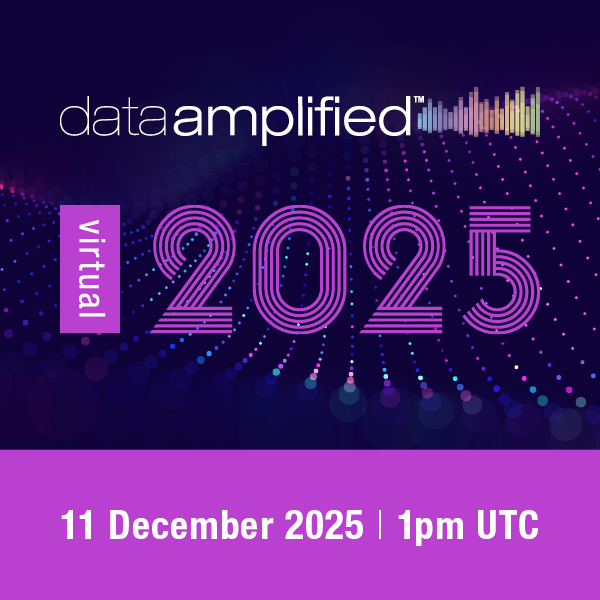California climate reporting moves ahead with digital alignment in the spotlight

Earlier this month the California Air Resources Board (CARB) published draft spreadsheet-based templates for reporting Scope 1 and Scope 2 greenhouse gas emissions under Senate Bill 253, the Climate Corporate Data Accountability Act. These templates are designed to help companies with over $1 billion in annual revenue that do business in California to prepare for the upcoming 2026 reporting cycle. CARB is seeking public feedback on the templates until 27 October.
The draft templates are intended to ease compliance for first-time reporters, offering structured sections covering emissions boundaries, methodologies, and optional fields such as intensity ratios and base year comparisons. While voluntary for the first year, the templates provide a glimpse into how the state plans to operationalise climate data collection. Importantly, they encourage comparability of disclosure by using approaches aligned with the Greenhouse Gas Protocol. Data gathered includes fields for emissions by source and gas type, as well as on emission factors and calculation methodologies.
XBRL US has also published a spreadsheet-based tool that allows filers to report data in a format that can be converted to XBRL. This open-source application demonstrates how machine-readable, standards-based digital reports can reduce burden and support broader data use. It allows any business, whether reporting only in California or globally, to produce consistent, comparable and extractable emissions data.
XBRL US argues that companies already reporting to international regulators under frameworks like the ISSB or EU CSRD should be able to reuse those digital disclosures, while local reporters should have access to low-cost digital tools.
These templates offer a real-world opportunity to apply the XBRL standard to climate data in the United States. As more jurisdictions adopt structured sustainability disclosures, the potential for interoperability and cost-saving through digital reuse grows. We encourage CARB to continue advancing a machine-readable approach and welcome collaboration on refining these tools to serve both local and global needs.
You can read CARB’s announcement and download the templates from their website, and test the XBRL-enabled tool via XBRL US, who elaborated further on this project earlier in the year.






